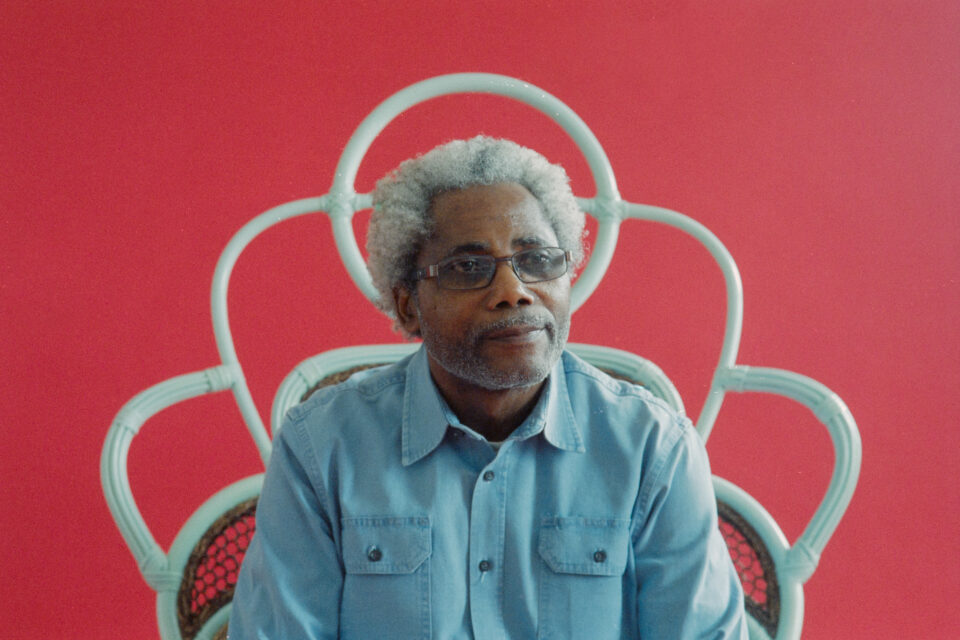Peter One is a quiet, mild mannered nurse in his 60’s who makes music that is gentile and full of beauty. But he is also responsible for what may have been Africa’s first musician’s union.
“I got the idea from the teachers union,” says One.
In the late 1980’s Peter One was living on the Ivory Coast where he was teaching history at a public school. In his first few months, the teachers realized they weren’t being compensated fairly, so they banded together and went on strike. After three months, they won.
“This taught me something. Something about power.”
At that time Peter One was also a musician. In 1985 he wrote an album called “Our Garden Needs It’s Flowers.” It was a massive success. He toured stadiums in Africa and his song, “African Chant” was even used by the BBC to soundtrack Nelson Mandela’s release from prison.
But, because of the contracts in place, he still didn’t make enough money to make it as a musician.
One day in 1990 One and a couple of other musicians met with The Man. “The Director of the Copyright Office,” says Peter One. It was the Director’s job to disperse the royalty payments after a long and prosperous year. Surprise surprise, he did not disperse much to the musicians and they were not happy about it. In that moment Peter remembered what he had done as a teacher. He told them, “We need to unite. To speak in one voice.”
“That’s when they pushed me and said, ‘Okay you take care of all that.’ And I did!” remembers One.
In his free time Peter One doggedly read up on copyright law, getting in trouble with that Director for asking too many questions. Eventually One organized the union. Person by person. Signature by signature. He got the signatures of nearly every musician in the Ivory Coast and the union was formed.
Then they elected a board head, who had the power to fire people. “His first target was the Director of the Copyright Office,” One laughs.
As a new union, their first order was to renegotiate the compensation for songwriters. Unfortunately, the compensation still wasn’t enough, the board got corrupted, and the union was short-lived. “Since the musicians were not living on their work, they were easily corruptible.” When asked how he handled that after putting so much work into the union One responded “I called for another union.”
But, that union suffered the same fate.
“That’s how I found out that corruption was stronger than myself,” One recalls. After the collapse of the second union One moved to the United States. Here, thirty years later, while you might not hear him talk about this on stage, the next time you hear one of his songs, you’ll know that under that plaintive bluegrass are the roots of a historic union organizer.

